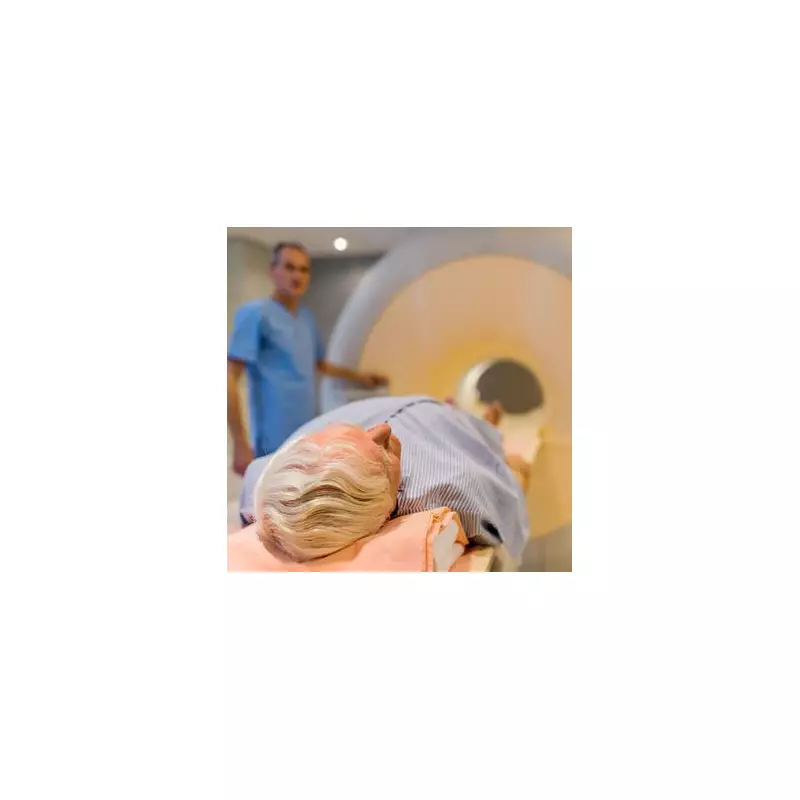
Alarming new research reveals that difficulties in securing GP appointments are preventing people across the UK from seeking help for potential cancer symptoms. A national poll conducted by Cancer Research UK highlights a critical barrier to early diagnosis, which can be life-saving.
The Alarming Statistics Behind Appointment Avoidance
A YouGov survey of 6,844 British adults uncovered the primary reasons people are reluctant to come forward with concerning health changes. The top reason, cited by 53% of respondents, was the belief that it would be difficult to get a GP appointment in the first place. Nearly half (47%) had actually tried and found it difficult to secure a consultation.
Other significant factors included not believing the symptom was serious (44%) and feeling they could manage the symptom themselves (43%). Furthermore, 43% reported difficulty getting an appointment with a specific healthcare professional, and 40% admitted they did not want to be seen as making a fuss.
Key Cancer Symptoms You Must Not Ignore
With nearly one in two people in the UK likely to receive a cancer diagnosis in their lifetime, recognising potential signs is vital. Cancer Research UK emphasises that the most crucial step is to know what is normal for your own body and to report any unusual or persistent changes to a doctor without delay.
General symptoms that could indicate cancer include:
- A new lump or swelling anywhere on the body
- Unexplained weight loss or loss of appetite
- Severe, unexplained fatigue that doesn't improve with rest
- Unexplained pain or ache that is persistent or worsening
- Unexplained bleeding or bruising
- Very heavy night sweats or an unexplained high temperature
NHS Response and New Initiatives for Early Detection
The challenges in primary care are significant. Over the last decade, GP waits have worsened due to rising patient demand, chronic underfunding, and a shrinking workforce. In England, each full-time GP is now responsible for, on average, 15% more patients—approximately 300 extra people—since 2015.
Despite these pressures, the NHS is making strides. Professor Peter Johnson, NHS national clinical director for cancer, stated, "The NHS is seeing and treating record numbers of people for cancer, with more people diagnosed at an earlier stage than ever before." He urged the public not to be daunted, stressing that coming forward for a check could save your life.
In a proactive move to improve access, Cancer Research UK has partnered with Tesco. The charity has trained pharmacists in over 350 Tesco Pharmacies to help spot potential cancer signs. Customers can now have a confidential conversation with a trained pharmacist, who can offer guidance and help book a GP appointment if necessary, providing a vital new pathway to diagnosis.






